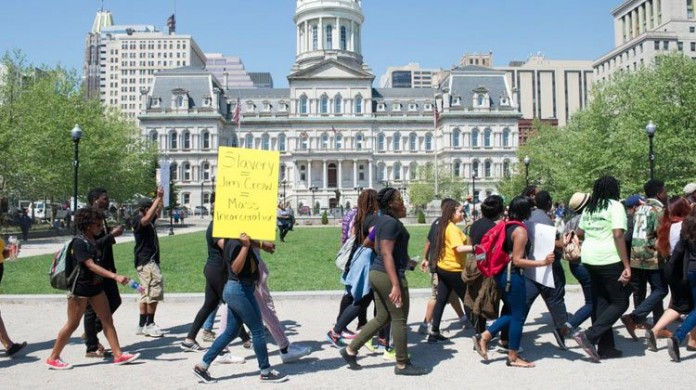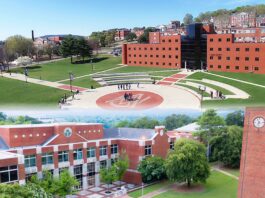Quite often, critics question the relevancy and value of historically black colleges and universities (HBCUs) to contemporary society. More troubling is that many of these criticisms are not supported by data, or even worse, data that is used is often misconstrued. These criticisms exist even though it is well documented that HBCUs play a major role in fostering the academic success of students of color in obtaining bachelor’s and graduate degrees in STEM disciplines; not to mention that HBCUs have a strong history of making significant contributions to the racial diversity of professional occupations such as law, politics, business and medicine.
What is often overlooked and seldom discussed by critics is the significant role HBCUs have played in developing individuals who are civically engaged and the role HBCUs have played in encouraging student participation on issues related to social justice. One of the advantages HBCUs have in fostering civic engagement among their students is their strong history of serving as incubators of civil rights activity. Activists forms of civic engagement have always been a part of the cultural fabric of HBCUs and serves as a reminder that these institutions have and will continue to produce the next generation of leaders who will engage in change movements that make a significant impact on society.
Yet, as we face new and emerging issues of social injustice related to access and equity that cut across race, ethnicity, class, gender and sexual orientation; now more than ever, HBCUs are well positioned to play a pivotal role in helping to level the playing field for these various groups of individuals. However, as has been historically the case, many of today’s social justice efforts are often seen by the public and popular media as efforts to antagonize and provoke violence and social unrest. The gross misrepresentation of social justice movements such as #BlackLivesMatter is perhaps the most vivid example of a civic engagement activity that has not received its share of fair media coverage. One plausible explanation for the sketchy coverage of the #BlackLivesMatter movement is that it is not seen as a viable or credible civic engagement activity. However, history shows us that social justice activities are foundational to civic engagement and are often undervalued while at the height of their influence.
Despite the fact that many HBCUs are addressing issues of social justice within their local communities; there are additional opportunities that could be explored. The recommendations that follow are just a sample of activities that HBCUs could engage in to help expand their impact in addressing issues of social justice. More importantly, giving consideration to these recommendations will enable HBCUs to expand their institutional profile, which could lead to increased student enrollments.
read full article via HBCU Lifestyle





